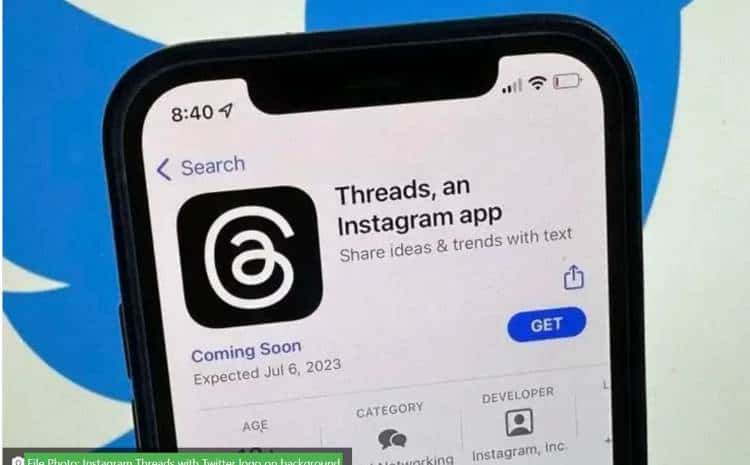Bola Tinubu, Nigeria’s president, Yemi Osinbajo, former vice president, have joined 30 million others on Meta’s (owner of Facebook, Instagram, and WhatsApp) new platform, Threads.
This is as Meta’s Chief Executive Officer, Mark Zuckerberg, noted that the company is setting its sight on one billion users soon. Threads, which launched on Thursday in over 100 countries now has 30 million users according to Zuckerberg.
He stated that in the first two hours of launching the app had two million sign-ups, which increased to five million in the first four hours.
Zuckerberg noted that the app has 10 million sign ups in seven hours. He revealed this on the app. At about 4 pm Nigerian time, he typed, “Wow, 30 million sign-ups as of this morning. Feels like the beginning of something special, but we’ve got a lot of work ahead to build out the app.”
According to reports, it took Google+ 16 days, ChatGPT 40 days, Clubhouse 347 days, Instagram 355 days, Twitter 780 days, and Facebook 852 days to hit 10 million users.
Threads is launching on the back of complaints against Elon Musk-owned Twitter, which has come under a lot of criticism since the billionaire acquired it. Recently, the app announced a view limit for tweets.
When a user asked if Threads would become bigger than Twitter, Zuckerberg replied, “It’ll take some time, but I think there should be a public conservations app with 1 billion+ people on it. Twitter has had the opportunity to do this but hasn’t nailed it. Hopefully we will.”
Threads might get monetise once it crosses one billion users.
The report quoted Zuckerberg, “Our approach will be the same as all our other products: make the product work well first, then see if we can get it to a clear path to one billion people, and only then think about monetisation at that point.”
Twitter currently has about 450 million users. Many public figures and celebrities, including Jennifer Lopez, and Shakira, as well as media outlets including The Washington Post and The Economist, have joined the app.
Threads is yet to be released in Europe because of concerns over data privacy. Meta has come under strong criticism in Europe, for its handling of personal data, and it could take a while before it launches in the region.












